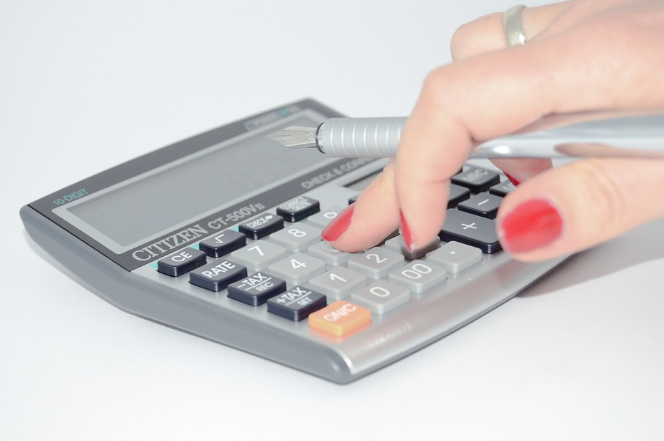Understanding Your Own Credit Situation
If you find yourself getting 0 credit card offers, it could mean you have bad credit. But this could even be the case true if you have “fair” credit. This is because “good” offers are often reserved for low-risk clients.
Credit card companies know the numbers. Statistically, they know who is likely to be an asset, and who is likely to be a liability. Naturally, such companies tend to favor assets over liabilities. The one makes the company money, the other is a statistical cost which cannot be escaped, and subsequently be diminished.

A Realistic Hypothetical
The best way to get the best deals is to know where your own credit is, and ensure nothing you didn’t know about is harming it. Here’s a great example of something that could pull you down entirely without your knowledge.
Say you live in an apartment, and as you’re in the process of moving, you slice your fingers. Now say you go to an urgent care clinic, get your fingers stitched up, and pay the clinic directly the day you’ve received treatment—maybe it costs you around $200.
You complete the move, and never think about it again. What you don’t realize is that the secretary at the urgent care clinic you visited is so used to people paying through insurance, that instead of inputting your immediate payment into the system records, she simply forgot. As a result, though you paid, your name and personal information were sent to collections.
Collections only had the address of your old apartment on file, and that’s where they send all the letters saying you owe the urgent care clinic $200+. You never get those letters, and for several years you have no need to make any purchases that pertain to credit. When you finally do, you find your credit is very poor, because the collection agencies notified the credit agencies as per their automated processes.
Dealing With The Fallout
This is an all-too-familiar scenario that is compounded by the difficulty of correcting an error on your personal credit record. Since the system is so automated, such errors often fall through the cracks, unfortunately crippling those to whom they are attributed.
It can be easy to fall into such a credit “black hole”, as it were. All you’ve got to do is forget to cross a “t” or dot an “i” at a critical juncture, and you’ve been thrown under the bus. As noted above, somebody else could even do this to you accidentally.
Thankfully, one way around such a situation is simply to build your credit back gradually, the old-fashioned way. And remember: you’re not entirely undermined. Even if you’ve got poor credit, there are multiple ways to finance a house; but doing so is likely just going to make getting out from under the thumb of creditors all the more difficult.

Getting Rid Of Debt
Something else you can do is erase any existing debt at all costs. Depending on the kind of purchases you may need to make, getting drastic could be advisable. You may want to sell your mortgage and go live in a prefabricated unit for a few years while you build yourself back to your previous value in the eyes of credit agencies.
There are more options open to you than many people realize, and obtaining the credit card you want can be done; it just may take a little effort. At the end of the day, your best bet is often going with financial advice from known professionals who can take stock of your personal situation and give you specific information.







Speak Your Mind